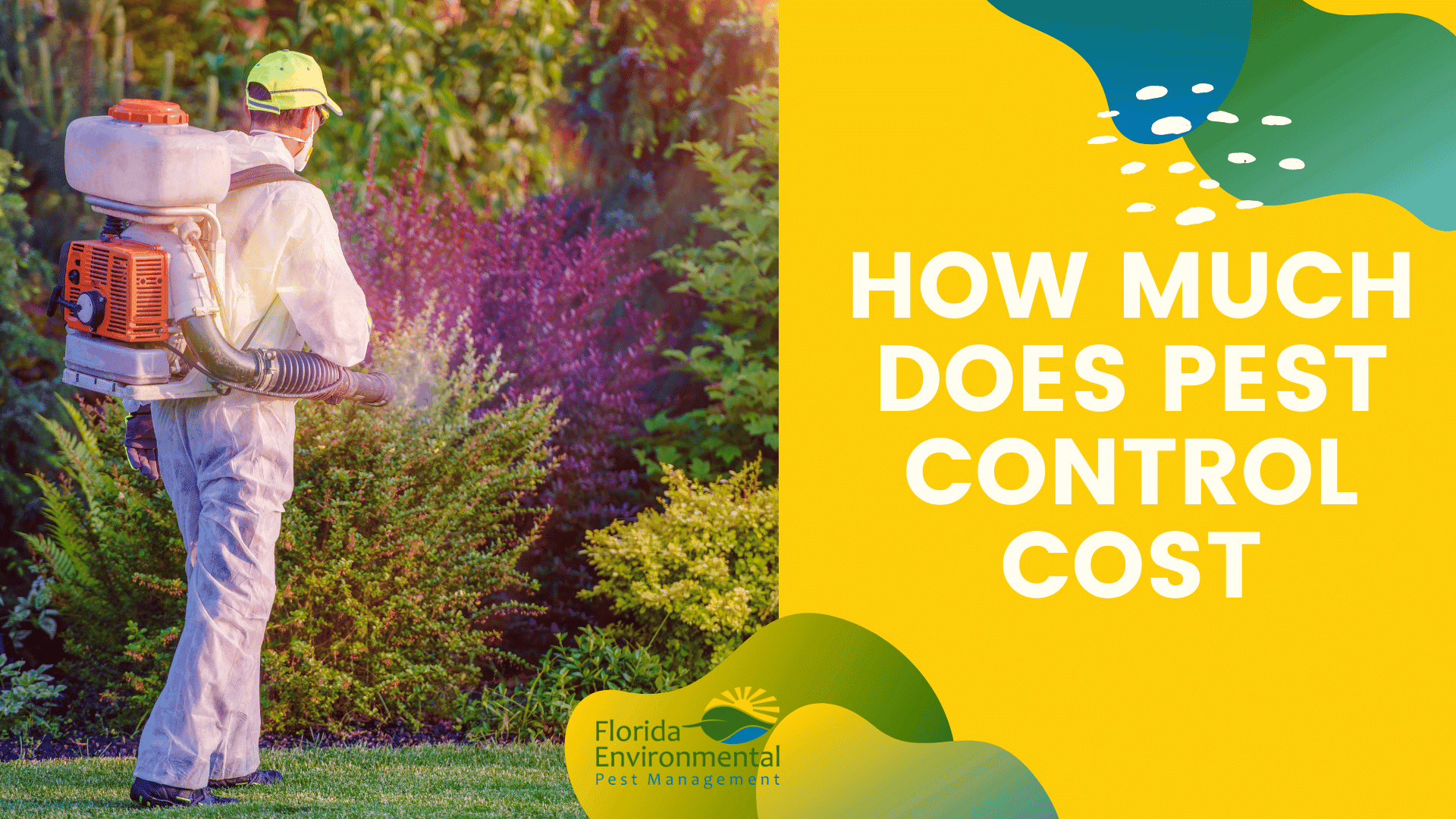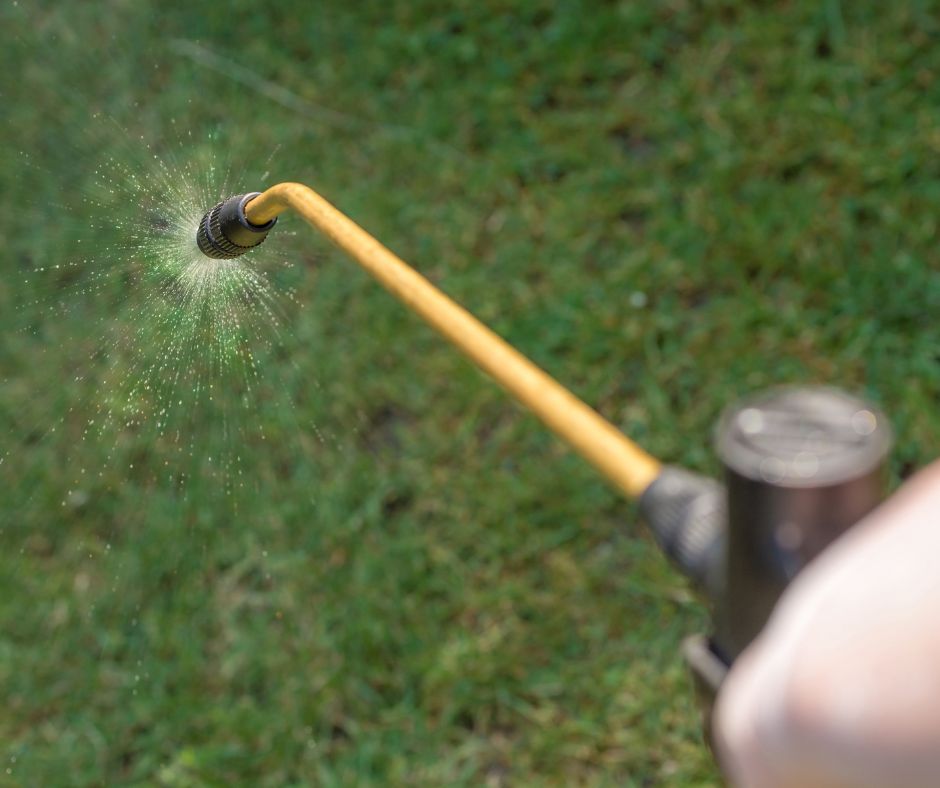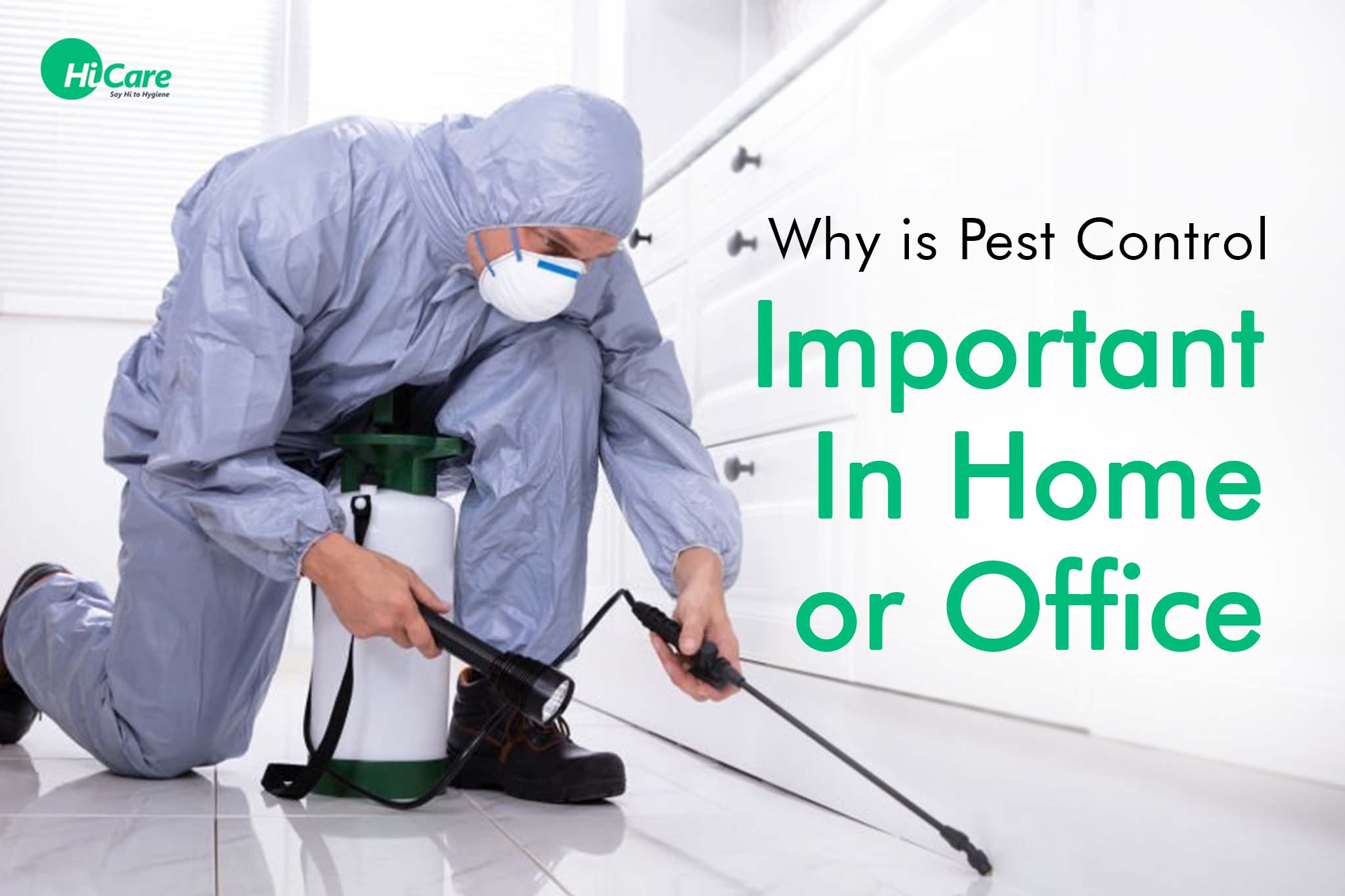Get Rid of Mosquitoes with Professional Mosquito Control Services in Port Charlotte
Reveal the Importance of Parasite Control in Maintaining a Healthy Setting and Therapy Techniques

The Duty of Pests in Environments
Pests, often viewed entirely as annoyances, play a multifaceted role in ecosystems that is important for keeping environmental balance. They add significantly to different environmental processes, including pollination, vitamins and mineral cycling, and bug control. For circumstances, many insect species, such as butterflies and , are vital pollinators for a variety of plants, which in turn sustains biodiversity and food manufacturing.
Furthermore, insects act as prey for numerous killers, developing an important web link in food internet. This interdependence makes sure the survival of numerous species and aids control populations within environments (Termite treatment Port Charlotte). Decomposer parasites, such as particular beetles and fungis, are crucial in damaging down natural matter, hence enriching dirt and assisting in vitamins and mineral recycling.
On the other hand, while bugs can be valuable, their overpopulation or intrusion into non-native atmospheres might disrupt these ecological features. This complexity emphasizes the importance of understanding pest characteristics, as efficient insect administration techniques have to take into consideration both their ecological roles and potential impacts on human tasks. Balancing pest existence while reducing injury is vital for maintaining the honesty of communities and making sure farming productivity.
Health And Wellness Threats Related To Pests
The existence of bugs in various atmospheres extends past their eco-friendly duties, as they additionally position significant health risks to animals and human beings. Several parasites, including bloodsuckers, rats, and pests, are carriers of conditions that can have significant health and wellness ramifications. As an example, rats are understood to transfer hantavirus and leptospirosis, both of which can result in severe respiratory and kidney problems, specifically.
Insects such as mosquitoes and ticks are notorious for spreading vector-borne diseases like malaria, dengue fever, and Lyme condition. These ailments can lead to high morbidity and death rates, particularly in prone populaces. Furthermore, insects like roaches and bedbugs can intensify allergic reactions and bronchial asthma, contributing to breathing problems in people, especially those with pre-existing problems.
Furthermore, the presence of pests can cause emotional stress and pain, affecting total wellness. Contamination of food and surface areas by parasite droppings and continues to be can lead to foodborne ailments, highlighting the significance of keeping sanitary problems. Understanding the health threats connected with pests is vital in recognizing the need of effective insect monitoring techniques to safeguard animal and human health.

Advantages of Efficient Parasite Control
Efficient parasite control is essential for keeping a healthy and safe environment, as it continually alleviates the countless risks connected with insect infestations. Among the main benefits of efficient bug management is the decrease of wellness hazards. Parasites such as insects, rats, and cockroaches are vectors for illness that can impact both humans and family pets. By regulating these populaces, the probability of disease transmission is significantly reduced.
Additionally, effective bug control safeguards residential or commercial property and structures from damage. Numerous bugs, like termites and woodworker ants, can create considerable structural damages that may call for pricey repairs. By proactively handling these services, infestations and homeowners can secure their investments.
Another substantial benefit is the renovation of general lifestyle. A pest-free environment adds to psychological well-being and reduces stress connected with problems. Reliable pest control promotes a much safer atmosphere for pet dogs and kids, ensuring that homes remain sanctuaries totally free from damaging chemicals and disease-causing organisms.
Common Parasite Control Techniques

In the world of pest administration, numerous strategies are used to deal with problems successfully. These strategies can be broadly classified right into 3 major methods: social, mechanical, and chemical controls.
Cultural control entails changing practices to reduce pest survival, facility, and recreation. This might include crop turning, correct cleanliness, and habitat adjustment, which jointly create a setting much less for pest expansion.
Mechanical control utilizes physical approaches to get pop over to this web-site rid of pests (Termite treatment Port Charlotte). Techniques such as obstacles, vacuums, and traps are generally used to straight get rid of pests from a location. This method is especially reliable for managing rodents and pests without the usage of harmful chemicals
Chemical control entails the application of pesticides to handle pests. These materials can be categorized right into insecticides, herbicides, and fungicides, each targeting details types of bugs. It is vital to make use of these chemicals deliberately, sticking to security guidelines and policies to minimize possible harm to non-target species and the atmosphere.
Each parasite control method has its advantages and constraints, and usually, an incorporated technique integrating multiple techniques yields the most effective lead to preserving a pest-free atmosphere.
Sustainable Parasite Management Practices
Sustainable pest management techniques incorporate a series of approaches developed to reduce environmental effect while properly regulating pest populations. These techniques focus on making use of eco-friendly approaches over chemical pesticides, therefore decreasing the risk of injury to non-target species, consisting of advantageous pests, wildlife, and humans.
Integrated Bug Management (IPM) is a cornerstone of lasting techniques, integrating biological, social, mechanical, and chemical techniques to manage parasites. As an example, organic control involves introducing all-natural killers or bloodsuckers to subdue insect populaces. Cultural methods, such as plant turning and polyculture, interfere with pest life process and enhance community durability.
Mechanical techniques, such as catches or obstacles, can efficiently avoid parasite gain access to without chemical intervention. In addition, preserving healthy communities via appropriate dirt management, plant wellness, and biodiversity can naturally mitigate insect issues.
Education and recognition are crucial components, encouraging neighborhoods and individuals to recognize pest threats early and execute safety nets. Termite treatment Port Charlotte. By promoting a holistic technique that stabilizes bug control with ecological honesty, lasting parasite management techniques not just safeguard plants and structures yet additionally add to a much healthier atmosphere for future generations
Final Thought

Understanding the health threats connected with parasites is important in identifying the need of reliable insect management approaches to secure human and animal health and wellness.
Effective insect control is crucial for keeping a healthy and safe atmosphere, as it regularly minimizes the numerous dangers linked with pest problems.Integrated Bug Management (IPM) is a cornerstone of sustainable practices, integrating biological, cultural, mechanical, and chemical techniques to manage insects. By recognizing the role of bugs, identifying involved health dangers, and employing diverse therapy strategies, a lasting strategy to pest administration can be accomplished. Integrated Pest Management (IPM) highlights an all natural technique that minimizes damage to useful microorganisms while efficiently managing parasite populations.